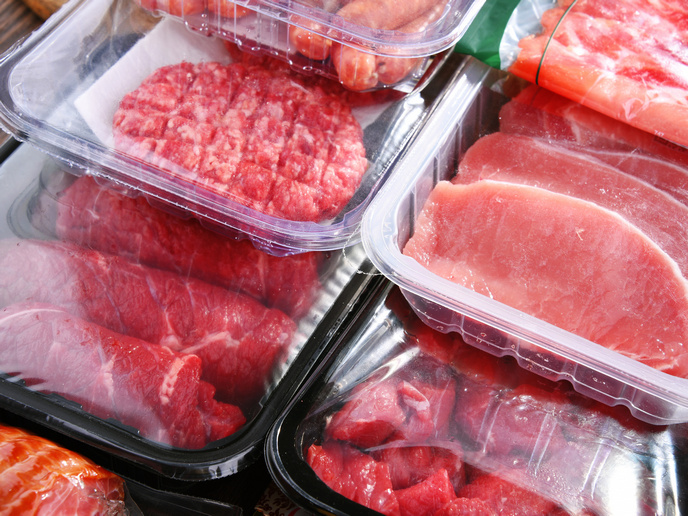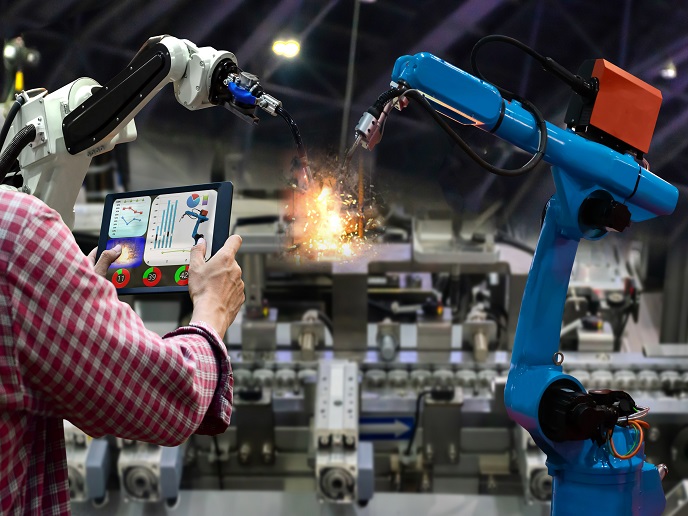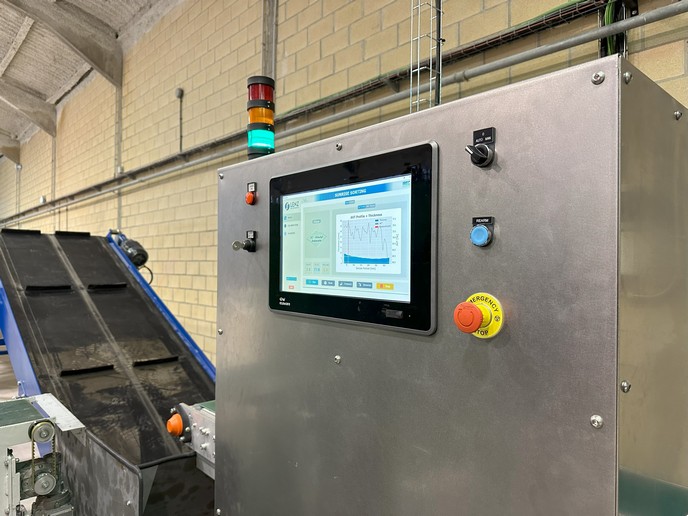Utilising novel measures to enhance product quality
Europe is the second largest plastics manufacturer globally and the worldwide leader in plastics recycling. However, lack of direct measurement technologies for processing parameters and conditions leads to reduced reliability of final product characteristics and large volumes of scrap. Two new ultrasonic sensors to measure density and viscosity inside extruders in real time herald a step-change in European plastics processing. With EU support of the project POLYSENSE , scientists have significantly improved process technology to reduce scrap produced form raw materials and enable greater utilisation of scrap to produce new products of higher quality. The density sensor has been tested in an industrial environment for processing both virgin and recycled polypropylene. It withstands processing temperatures and pressures, and demonstrates good resolution and repeatability of measurements. In addition, with proper calibration, it shows promising potential for use in sensing the percentage of filler in a material. Scientists tested the ultrasonic viscosity sensor in laboratory operation of extruders on several polymers and calibration liquids. The sensor was able to measure viscosity at high temperatures and provide a measurement each second despite required electronic signal processing done by computer. Accurate viscosity measurements will facilitate increased processing speeds for higher throughput without stoppages to deal with clogging. POLYSENSE ultrasonic density and viscosity sensors for in-line measurements of polymer processing characteristics should facilitate enhanced product quality and reliability, faster throughput and reduced scrap. These benefits are equally applicable to virgin and recycled polymer processing and promise to significantly boost the competitive edge of numerous European small and medium-sized enterprises active in the plastics industry. Eco-conscious consumers will also be happy to see an increase in the quality of plastic products together with reduced scrap volume.
Keywords
Extruders, plastics, polymer processing, ultrasonic sensor, density, viscosity, in-line measurement







